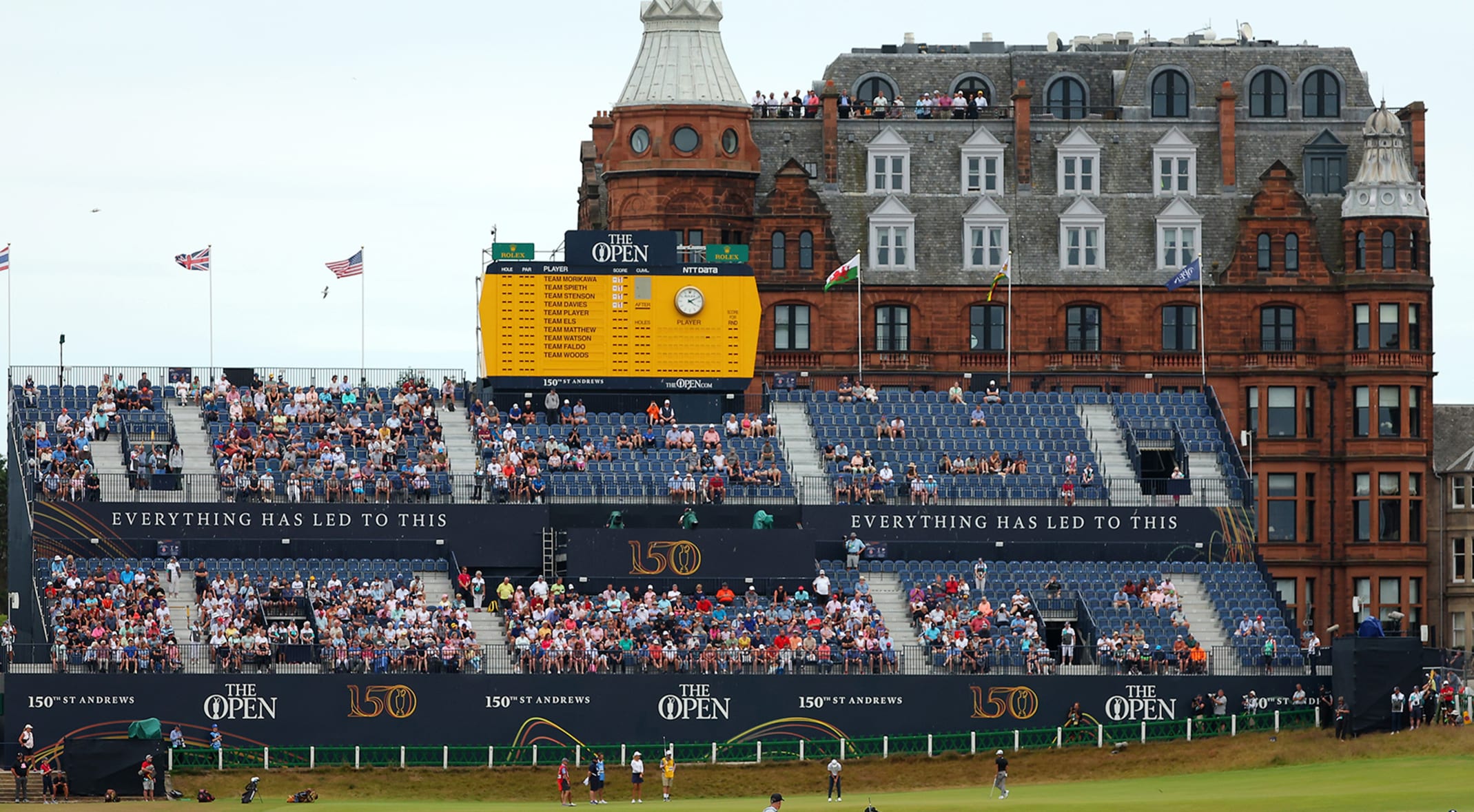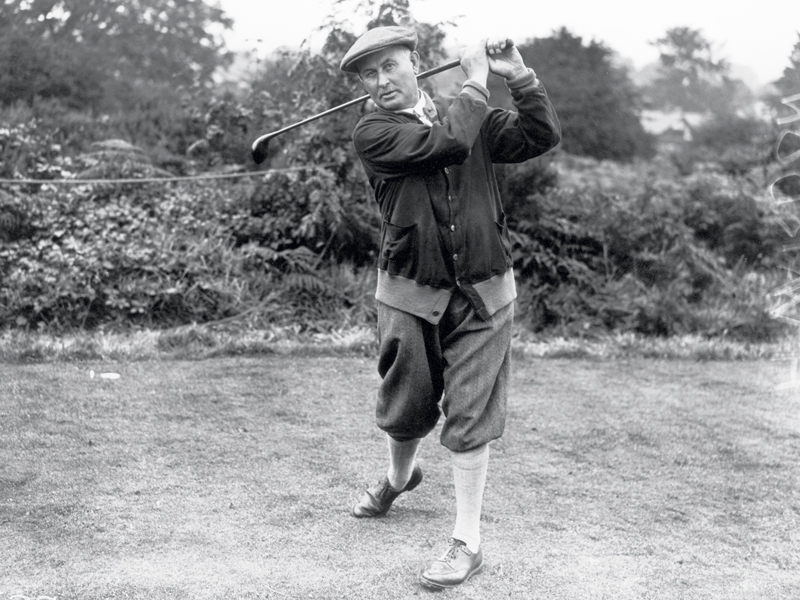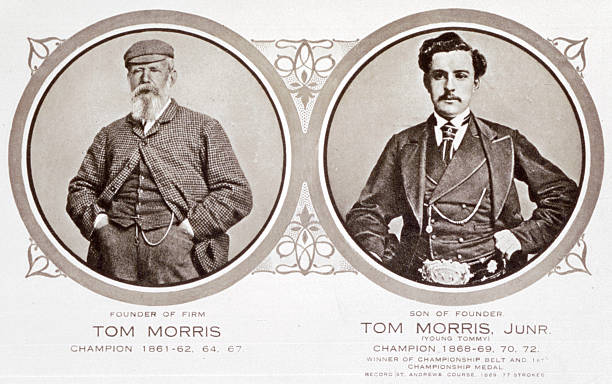What do you know about The Open Championship?
What is so special about The Open?

The oldest of the majors is The Open Championship, commonly referred to as the "British Open" outside the United Kingdom. For more than 160 years, the world's best players have faced the unrelenting challenge of links golf at The Open, golf's original and most international Championship.
Called The Open, it is in theory "open" to all, i.e. professional and amateur golfers. In practice, the current event is a professional tournament in which a small number of the world's leading amateurs also play, by invitation or qualification.
It is run today by the Royal & Ancient Golf Club of St. Andrews, one of the two governing bodies (along with the USGA) of golf.
An Idea is Born
On 17 October 1860, eight professional golfers assembled at Prestwick for a tournament to determine who would be the Champion Golfer. The winner was to receive the Challenge Belt, a prize crafted from red Moroccan leather and worth £25.
Eight pros, 36 holes. The first-ever Open took place in 1860 at Prestwick Golf Club in Ayrshire, with three rounds of the 12 hole-course seeing Willie Park Snr defeat Old Tom Morris by two shots. Set up to determine who was the best golfer in the world, the prize was the Challenge Belt – made of red Moroccan leather, a suggestion from the Earl of Eglinton and specially commissioned for the event. The winner of The Challenge Belt – which was also the name often given to the tournament – would keep it until the following event. For the first year, however, it wasn’t ‘open’, with only professionals invited to compete.
In 1873, The Open was played at St Andrews for the first time, with Tom Kidd winning the newly crafted Claret Jug. 10 years later, The Open was played over 18 holes for the first time, after Prestwick extended its course.
Who was the first non-Scottish winner?

Competing in a field almost entirely of Scottish golfers, in 1890 at Prestwick, John Ball – one of the two English golfers making up the rest – became not only the first non-Scot to win the Open but also the first amateur. That same year he won the British Amateur Championship – one of eight wins – but he never won the Open again.
When is The Open played?
The Open is always played on the weekend of the third Friday in July.
The 150th edition of The Open will be held from Thursday, July 14 to Sunday, July 17. It is taking place at the Old Course in St Andrews, Scotland.
When and where was the first The Open? And who won?

The 1st Open was played at Prestwick in 1860, with Willie Park Senior claiming glory.
What is the format of The Open? How many players are in the field?
The Open Championship is a four-round, 72-hole stroke-play competition, with a cut after 36 holes. There are 156 players in the field.
Who has won the most The Open?

Harry Vardon. He won his sixth Open and the last before the First World War (1896, 1898, 1899, 1903, 1911, 1914). His record of six wins remains unbeaten.
How can you qualify for The Open?
Players can qualify one of four ways, an exemption, via the Open Qualifying Series (OQS), via local qualifying, or if the field size has not reached 156, being one of the highest rated players in the official golf rankings that is not already qualified.
What is The Open scoring record?
The record Lowest final score (72 holes) belongs to Henrik Stenson with a 20-under 264 (68-65-68-63), 2016.
What is the lowest round in The Open history?
Branden Grace shoots 62 at Royal Birkdale, the lowest ever round in a major.
Who is the oldest winner of The Open? Youngest?
 #the-open
#major
#the-open
#major

















